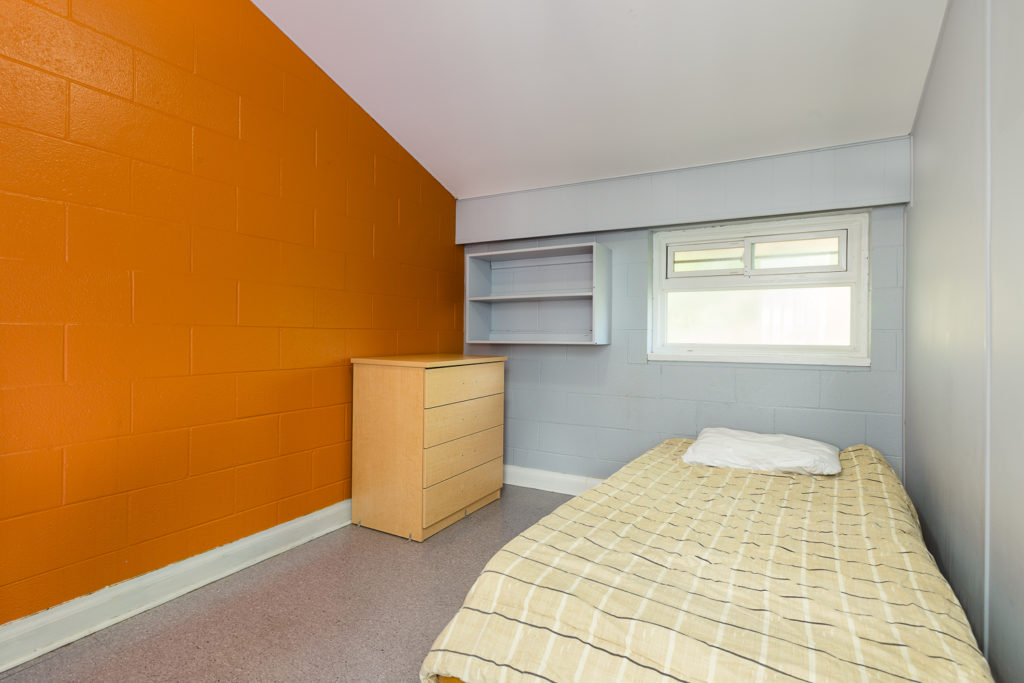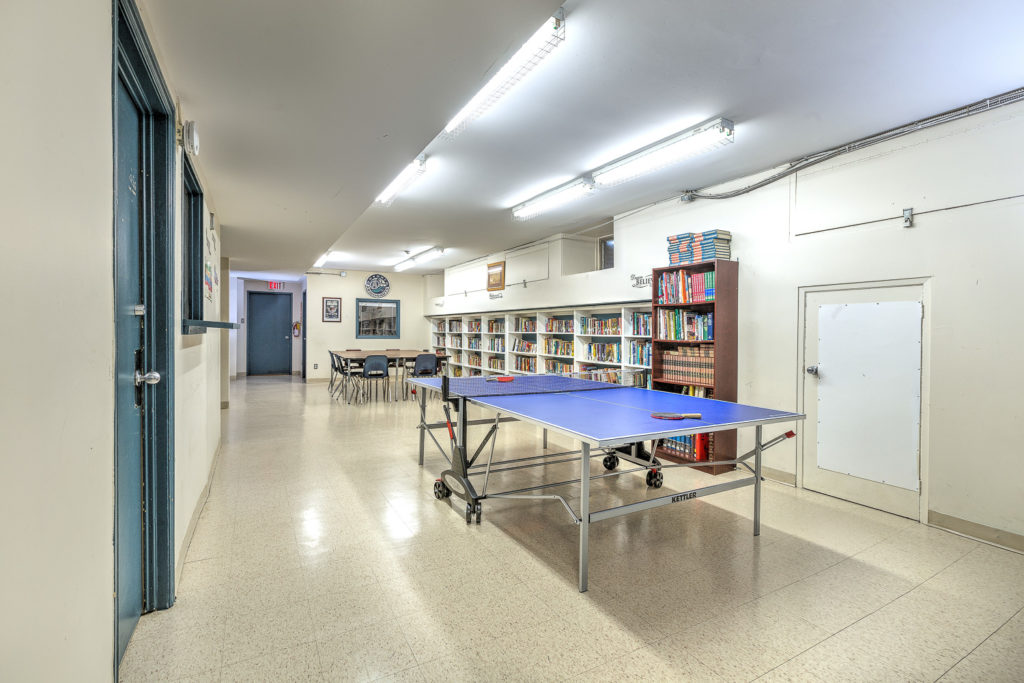TPYS provides services to youth who are in trouble with the law. We are committed to providing services that attend to the safety of youth, the community and TPYS employees. Our specialized programs include the following:
- The Turning Point PATH Program (PATH) helps young people who are in trouble with the law to build the skills, awareness and supports they need to strengthen their life path and reduce the risk of reoffending. Group and individual services are offered on site at 95 Wellesley Street East, at probation offices in Toronto, and in the community, with flexible hours to meet client needs. Some examples of programming include SNAP-Youth Justice (Stop Now and Plan) for males, Life PATH program, Girls PATH, Music PATH, counselling and trauma specific counselling. Service length and frequency can vary based on individual needs and young people are welcome to reconnect with the program if they encounter challenges later or if they find themselves in crisis. Referrals to the PATH Program usually come through youth court services or probation services. Download PATH brochure
- The Youth Mental Health Court Worker Program (YMHCW) serves youth who have been charged and are required to appear at court. Services are offered at the Ontario Court of Justice – Toronto (OCJ-T) at 10 Armoury St. (6th floor) and in the community, with flexible hours to meet young person’s needs. The program is a voluntary short-term assessment and planning service for youth and the courts. The YMHCW plays a central role in the Community Youth Court, a specialized youth court at 10 Armoury St., focused on youth who may have mental health and addiction concerns and/or developmental disabilities. It is not a trial court, but rather a problem-solving court. Youth work with the court team to develop a creative, individualized plan focusing on the young person’s mental health, substance and/or developmental needs and the offending behaviour that brought them into conflict with the law.
- The YJ Mental Health Access Program is a partnership with Central Toronto Youth Services (CTYS) and offers specialized assessment and counselling support to youth who are working with a Youth Mental Health Court Worker or a Probation Officer. YJ Mental Health Access offers quick access to services such as mental health assessments, psychiatric and psychological assessments, psychoeducational assessment to help youth understand their learning style and needs, substance use assessment and treatment, brief counselling (8-10 sessions) and family support. Download the Youth Mental Health Access Program brochure
TPYS operates a live-in program for youth involved in the youth justice system. The Everett Program is an 8-bed, gender specific, structured, live-in program for young males living with mental health challenges. Clients are referred through the courts and probation services. The goal of the program is to prevent and reduce youth involvement in the criminal justice system and support their reintegration back into the community. TPYS staff work with clients to develop individualized Case Management Plans that reflect the client’s needs, strengths, and factors that could lead to reoffending. This program is staffed by at least two youth workers at all times, with additional employees scheduled to support programming and court. Residents also receive additional counselling support from professional counsellors with training in social work and clinical psychology, and can make use of the services offered by TPYS including the YJ Mental Health Access, PATH and YMHCW programs.
Youth in the Everett program may also attend school while in the program. The School Program aims to assist students to deal with their challenges and help them to return to the mainstream school system. Daily programming includes three academic periods and one therapeutic treatment period, where students explore personal areas of strength and focus on skill development in the areas of anger management, communication skills, relationship building, self-esteem/self-awareness, responsibility, stress management, substance use, and problem solving. Students participate in planning their own program and future goals.


Everett

